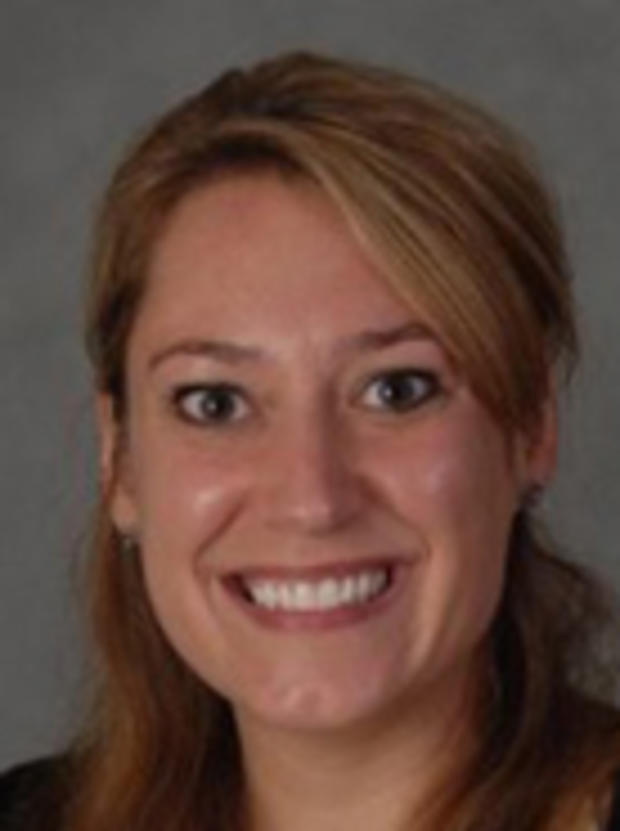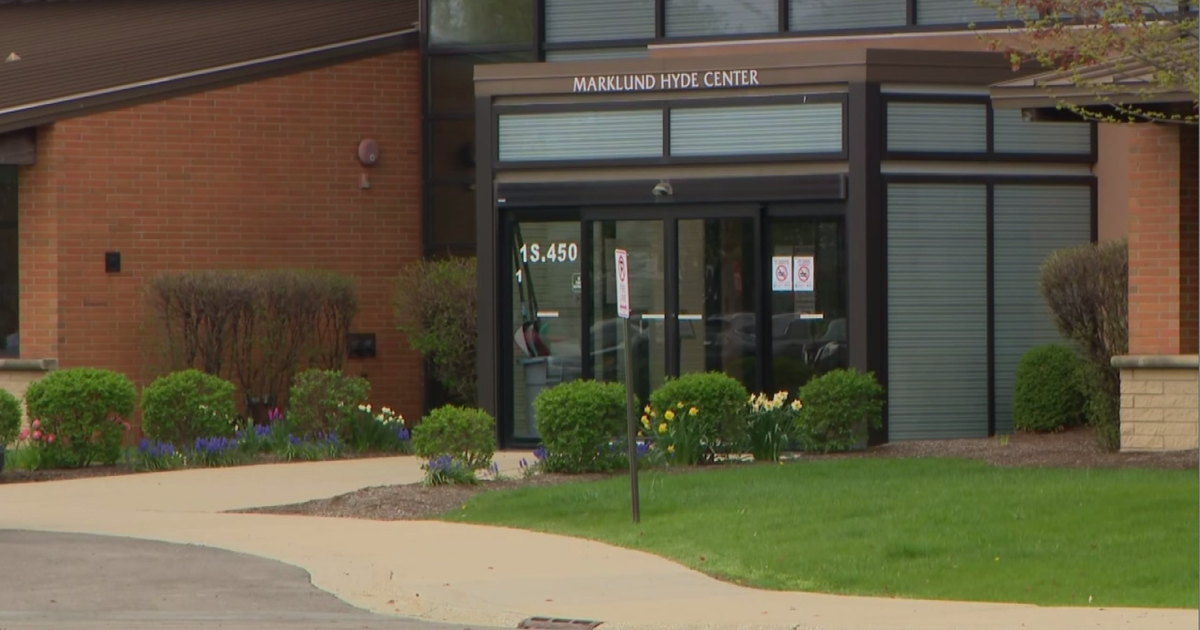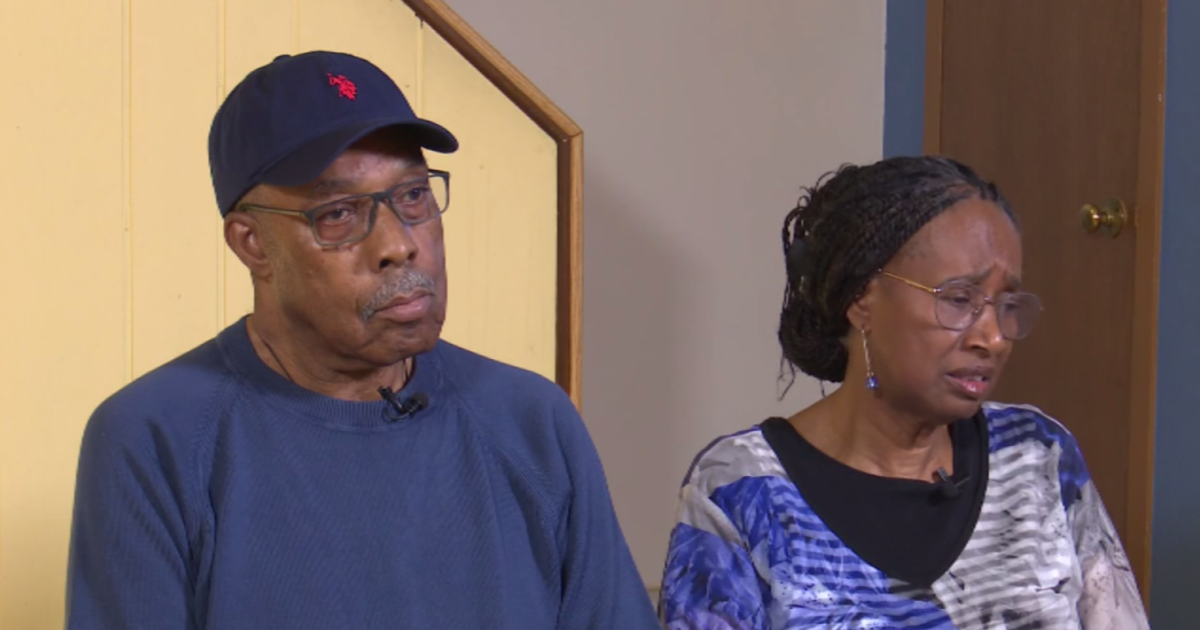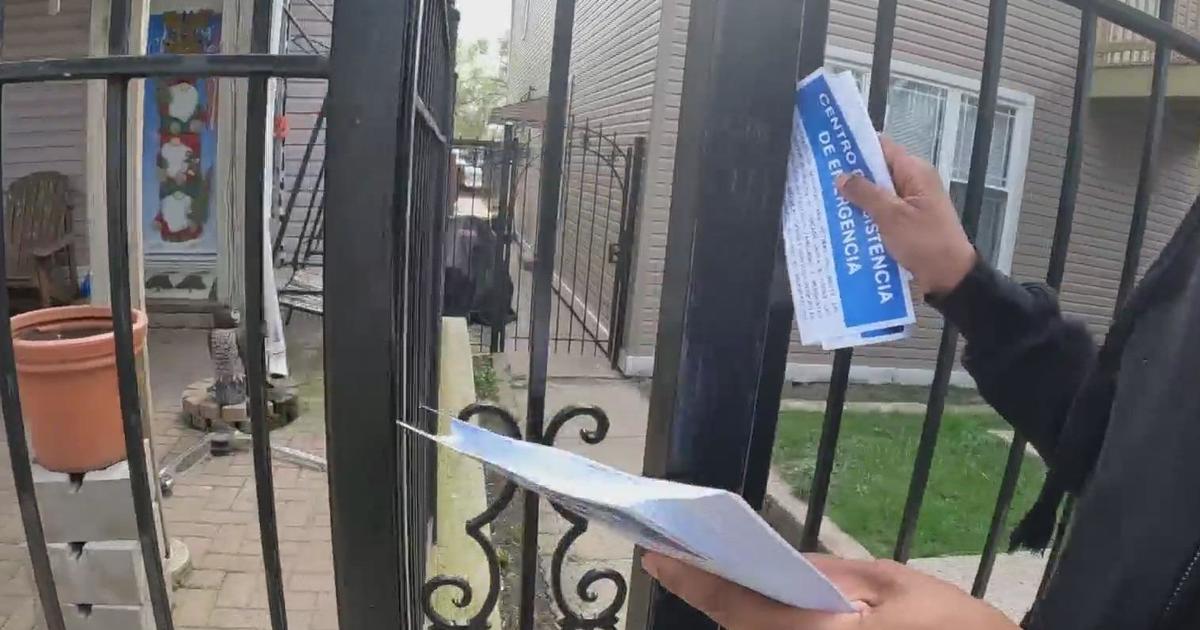Chicago Nurse Practitioner Enjoys Taking Care Of Aging Adults
Diana Bahena is a nurse practitioner at KareFirst, Illinois a Regency Rehab Center in Niles. The nurse practitioner (NP) role is still quite foreign to many people. The position functions as less than a doctor, but more than a RN. In other words, a nurse practitioner can diagnose and treat illnesses and prescribe prescriptions. Currently, Bahena works for a nurse practitioner owned company that contracts NP's as a vendor in Long Term Care Facilities (commonly known as nursing homes). There, she facilitate disease management and manages urgent care problems in the chronically ill.
Bahena became a registered nurse (RN) through obtaining an associate degree in nursing from Advocate Kutsch College of Nursing. She returned to school immediately for her bachelor's degree in nursing from Lewis University. Bahena worked as a RN for 10 years before graduating with a Master of Science degree in nursing from Loyola University Chicago, which was her Nurse Practitioner training.
What are the scope and responsibilities of your current role?
"These are broad and vast! Due to chronic illnesses and necessary prescriptions, many patients require monitoring of various laboratory parameters. One of my responsibilities is to order and review these labs. Another responsibility is to diagnose and treat changes in status or urgent care complaints which can range anywhere from a new onset of confusion to a new skin tear. And everything in between! Briefly, some of the other responsibilities include educating staff on disease process or assessment, cultivating and maintaining relationships with families and administration and coordinating care with an interdisciplinary team (such as physical/occupation/speech therapies)."
What is your favorite part of your daily duties?
"Observing the activities on the dementia unit: It is so enjoyable to see adults sing and play games, with little care for much else. While end stage dementia is very heartbreaking in many respects, it is nice to be a part of a team that brings it back to basics. And with that, it allows the patient to just smile."
Do you feel your education prepared you for your current role?
"My schooling, where I obtained my degrees did help prepare me very well. However, if it was not for the education I obtained while being an RN in the Emergency Department, experiencing patient care in such a critical time, as well as eavesdropping while working with residents, or listening to physicians and senior nurses OR the various classes I took to achieve various certifications as a RN (such as trauma courses, critical care nursing classes and various ER classes), -- if not for all of that, I don't know if school could have prepared me as well as it did."
Do you have any advice for people who desire to pursue a similar career?
"Every experience and every class in the nursing world is extremely valuable, whether you understand why during the moment and regardless if you hate it – it all matters. Soak it in."
Michelle Guilbeau is a writer, reviewer, teacher and business owner. She also has experience in school administration, literacy coaching and is proud founder of CraftKitsForKids.com and MichelleGuilbeau.com Michelle enjoys sharing her knowledge of cities, food, travel, education and parenting issues with her readers. Her work can be found on Examiner.com.




